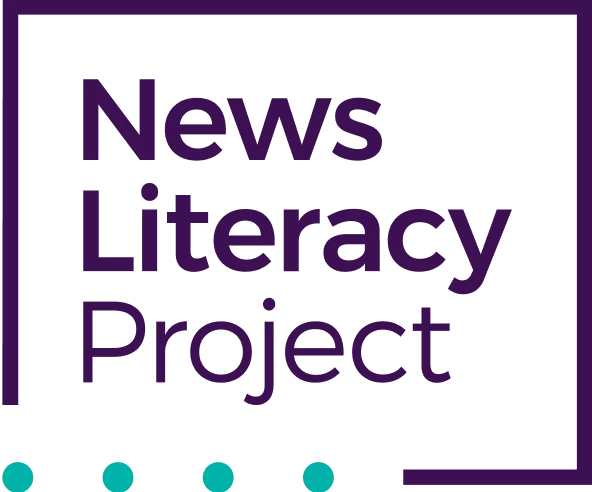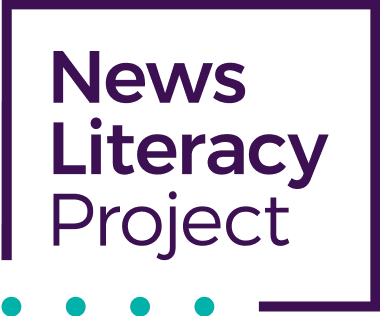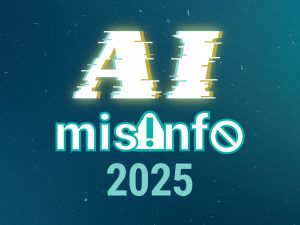Insider Spotlight: Candice Roach
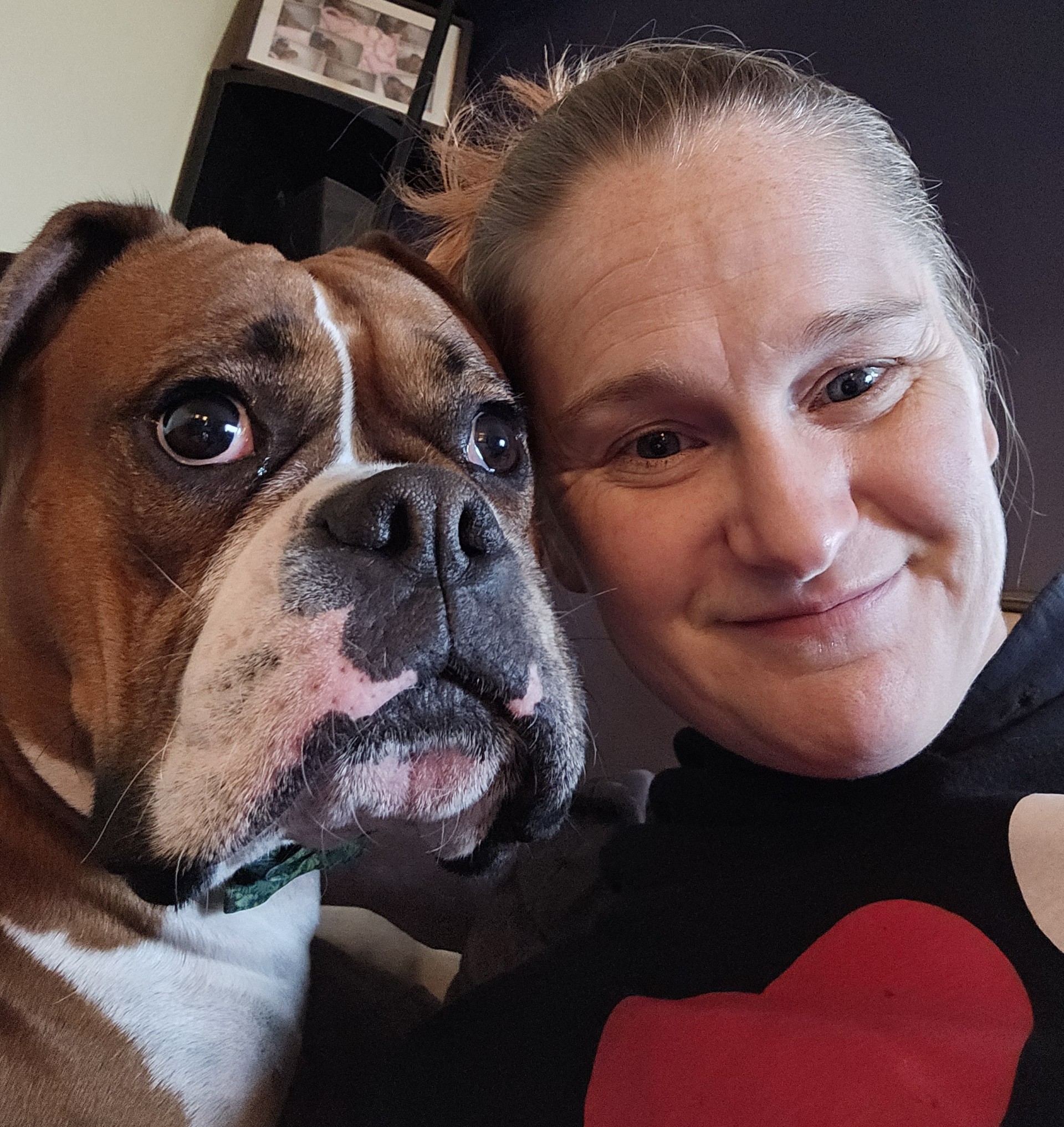
Q: Evaluating evidence for its credibility is a foundational news literacy skill. What are key characteristics of authoritative sources and credible claims?
A: Not all sources are created equally. Obviously, peer-reviewed journals are going to be more authoritative than TikTok. Credible claims are those that can be verified. If a claim is online and true, it should be easy to find it in more than one place.
Q: How is news literacy relevant to your teaching of research skills?
A: News literacy is key to information literacy. Teaching students to find reliable, trustworthy information from verifiable sources is a research skill. It can be transferred to learn any content in any class.
Q: In your experience, what are some common misconceptions that students have about the credibility of sources? How do you address those misconceptions?
A: Lately, students are too trustworthy of AI! Students tend to be trustworthy in general — if someone says it, they believe it. My job is to encourage them to do a lateral search or a reverse image search and verify the information is true before they share it.
Q: How can formal research skills translate to a student’’s consumption of information on social media?
A: It is all related. Verifying information is a skill that can be used in the library, ELA, social studies or on social media. If they aren’t verifying, they may be spreading misinformation.
Q: Why is the ability to evaluate evidence important across subject areas?
A: I want my students to be well-informed. They should be confident in finding information, sharing it and citing it. This will help them do their own thinking, not just regurgitate what they are being told. It gives them agency to learn whatever they want.
Want to help equip your students with the skills to evaluate credible evidence?
- Assign “Evaluating Science-Based Claims” on the Checkology® virtual classroom. Students will learn how to recognize science-based claims and assess their credibility; explore why people resist and deny science; and gain the skills to evaluate science journalism. This lesson is hosted by science educator Melanie Trecek-King.
- Download “Levels of Scientific Evidence” an infographic that presents eight distinct levels of scientific evidence, arranged in a pyramid that reflects a spectrum of quality.
